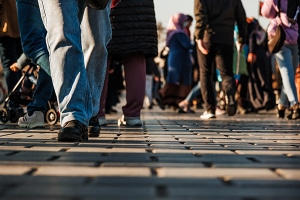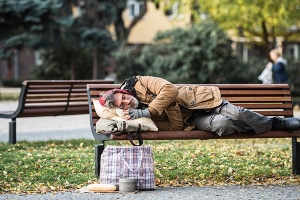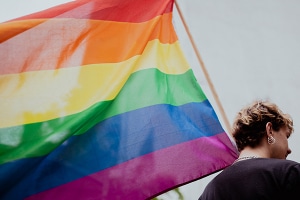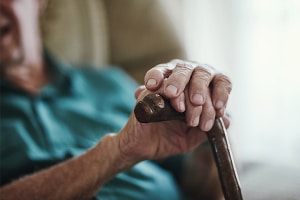Some population groups are more at risk of social exclusion than others.
They may experience this exclusion
Due to their:
- Sexual orientation
- Gender identity
- Age
- Disability
- Ethnic or cultural background
- Any other characteristic that isolates or marginalizes them
Or because of difficult situations:
- Job loss
- Family crisis
- Mental health problem
- Complex immigration journey
- Other circumstances that can trigger a cascade of hardship
Domino effect: How a single event can change everything
Losing a job can make it harder to afford housing or food, which in turn can affect a child’s academic success or lead to family breakdowns, lost friendships, and other social disruptions.
Social exclusion is the exclusion or marginalization
of individuals or groups of individuals.

Which groups are most affected?

Poverty and social exclusion: A vicious cycle
Poverty is a major risk factor for social exclusion, just as social exclusion is a barrier to overcoming poverty. People get trapped in this vicious cycle!
Inclusion is about creating environments where everyone is respected equally and has access to the same opportunities.

Promote inclusion
Since they face unique challenges and obstacles that prevent them from fully participating in society, marginalized groups need special attention. Without support, they risk falling into cycles of poverty and social exclusion that can have negative consequences on their mental and physical health and overall well-being.
Equal opportunity continues to be a priority for Centraide, which works closely with communities at greater risk of poverty, social exclusion, discrimination and stigmatization and invests in agencies and projects that promote social inclusion, diversity and advocacy.
These agencies offer:
- Individual support
- Group support networks
- Meet-up and activity spaces to reforge social ties
- Defence of individual and collective rights
These activities help some people regain their self-confidence and develop their potential. For others, they help minimize the negative effects of poverty, break their isolation, promote their rights, and foster their social integration.
These activities help people in a situation of homelessness, members of the LGBTQIA2S+ community, seniors living alone, people in a situation of disability, people with mental a health problem, newcomers, or people who belong to a visible minority.

1. Count of people experiencing homelessness in Quebec, October 2022.
2. RAPSIM Réseau d’aide aux personnes seules et itinérantes de Montréal, L’itinérance à Montréal Au-delà des chiffres, September 2023 (in French only).
1 out of 5 people receives our help.
5 out of 5 people benefit from it.
Let’s all lend a hand
Supporting a network of over 375 community agencies also means promoting an inclusive, poverty-free society.











